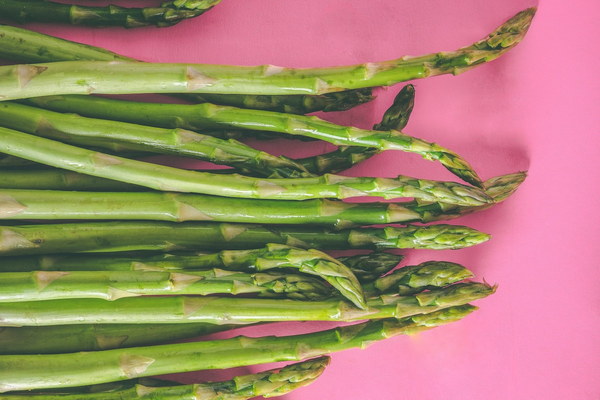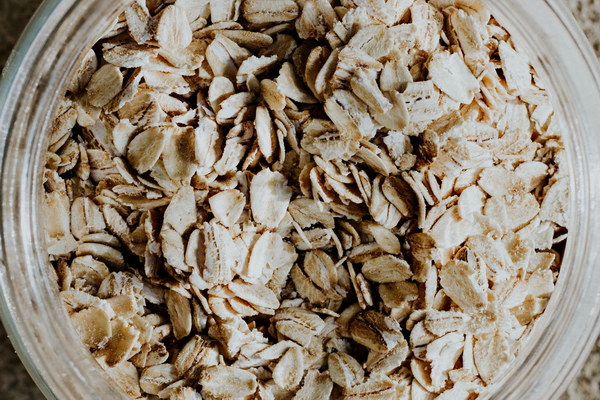Unveiling the Connection Can Kidney Health Enhance Hair Growth
Introduction:
Hair loss is a common concern for many individuals, and there is often a search for natural remedies to promote hair growth. One popular belief is that kidney health is closely linked to hair growth, and certain herbal remedies are believed to nourish both the kidneys and the hair. This article delves into the connection between kidney health and hair growth, exploring the potential benefits of using kidney tonifying herbs to enhance hair growth.

The Connection between Kidney Health and Hair Growth:
According to traditional Chinese medicine (TCM), the kidneys play a crucial role in the health and vitality of the body. In TCM, the kidneys are often referred to as the root of life and are believed to be responsible for storing essential essence, which is thought to be the foundation of health and longevity. Hair is considered a manifestation of this essence, and thus, maintaining kidney health is believed to promote hair growth and vitality.
While modern medicine does not entirely support the concept of kidney health directly affecting hair growth, there is evidence to suggest that certain kidney tonifying herbs may have beneficial effects on hair health. These herbs are believed to improve kidney function, enhance blood circulation, and nourish the hair follicles, leading to healthier and stronger hair.
Popular Kidney Tonifying Herbs for Hair Growth:
1. Ginkgo Biloba: This herb is well-known for its ability to improve blood circulation. By promoting better blood flow to the scalp, Ginkgo Biloba may help nourish the hair follicles and stimulate hair growth.
2. Saw Palmetto: Saw Palmetto is commonly used to treat hair loss and promote hair growth. It is believed to block the conversion of testosterone to dihydrotestosterone (DHT), a hormone that can cause hair follicles to shrink and lead to hair loss.
3. Fo-Ti (He Shou Wu): This traditional Chinese herb is known for its kidney-tonifying properties. It contains compounds that are thought to stimulate hair growth and improve hair thickness.
4. Rehmannia: Rehmannia is another herb commonly used in TCM to nourish the kidneys and promote hair growth. It is believed to improve blood circulation and strengthen the hair follicles.
5. Siberian Ginseng: This adaptogenic herb is known for its ability to enhance overall well-being and boost the immune system. By supporting the body's natural defenses, Siberian Ginseng may help maintain healthy hair growth.
How to Use Kidney Tonifying Herbs for Hair Growth:
To harness the potential benefits of kidney tonifying herbs for hair growth, it is important to choose high-quality, pure herbs and consult with a healthcare professional, especially if you have any pre-existing medical conditions or are taking other medications. Here are some suggestions on how to incorporate these herbs into your hair care routine:
1. Supplements: Look for supplements that contain kidney tonifying herbs. Follow the recommended dosage instructions provided by the manufacturer.
2. Herbal Teas: Brew a cup of herbal tea using kidney tonifying herbs such as Ginkgo Biloba, Saw Palmetto, and Rehmannia. Drink the tea regularly to support kidney health and hair growth.
3. Scalp Massages: Incorporate scalp massages into your hair care routine to stimulate blood flow to the hair follicles. You can use herbal oils infused with kidney tonifying herbs for added benefits.
4. External Applications: Some kidney tonifying herbs can be applied topically to the scalp. Look for hair care products that contain these herbs or consider making your own herbal hair masks.
Conclusion:
While the direct link between kidney health and hair growth is still under scientific investigation, there is a growing body of evidence suggesting that kidney tonifying herbs may have beneficial effects on hair health. By incorporating these herbs into your hair care routine, you may be able to support kidney function and promote healthy hair growth. However, it is essential to consult with a healthcare professional before starting any new herbal treatments to ensure they are safe and appropriate for your specific needs.









